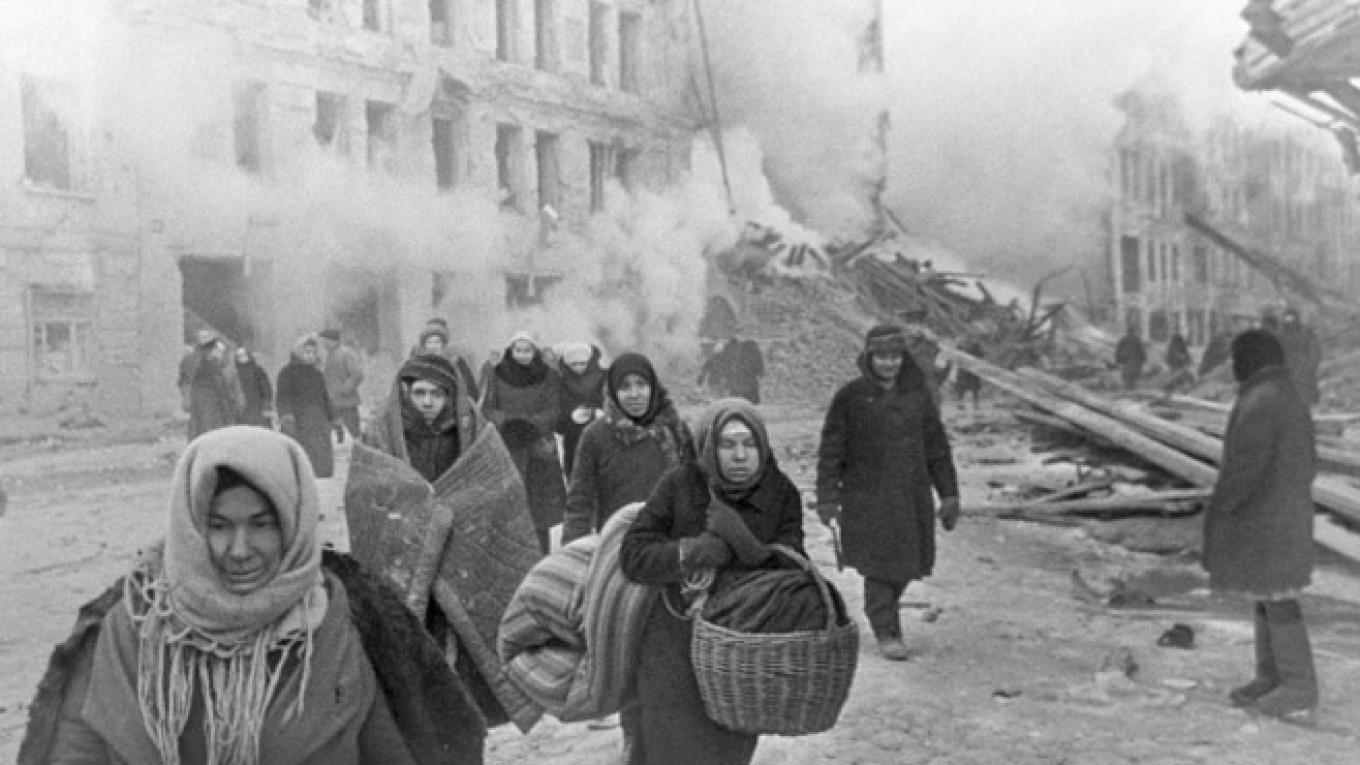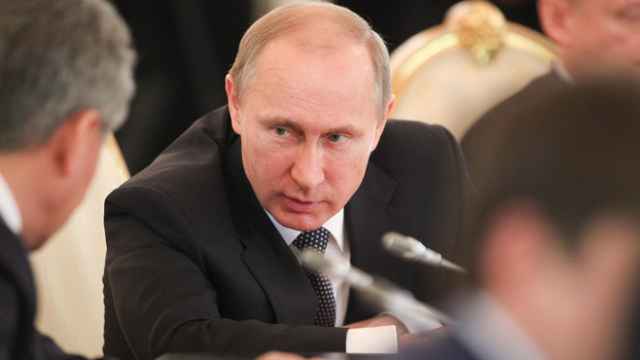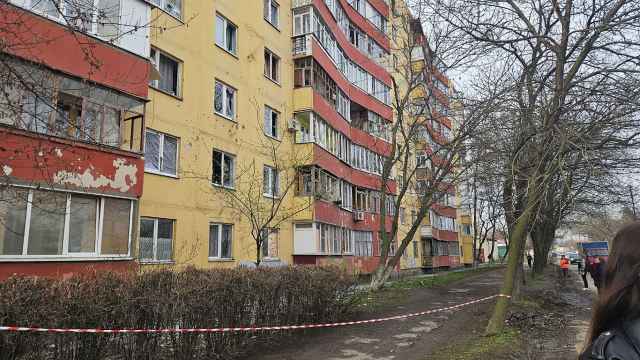A Russian weight-loss group has come under fire after it invited its followers to adopt a food regime based on the rations supplied during the Siege of Leningrad — when 630,000 people died of starvation.
The call for a "blockade diet," posted on Facebook on Tuesday by a group named "Get Thin Like Me," was timed to coincide with the 71st anniversary of the city's liberation from a Nazi siege.
Participants were asked to honor World War II veterans by eating only those products available to the population during the blockade, to "watch your figure and commemorate the Leningrad siege at the same time," the post read.
"We'll load up at the rate of factory workers doing a full day's shift in December 1941 — 400 grams of bread, and as many glasses of water as you like. Men can have 100 grams of vodka at night, but only in place of bread," the post said, followed by the recipe for "blockade bread" which, the authors said, included ingredients now only found at pet stores.
Only 20 people had signed up the Facebook event as of Tuesday afternoon.
Social media users were quick to criticize the single-day action.
"Are you mentally insane? What's going on in your 'thin' heads?!" a user who identified herself as Yana Podyanova Timmerman wrote beneath the post.
"There are no words! What an infinitely sick fantasy," said Elena Antipas, another user.
Among the less controversial stunts to commemorate the siege of Leningrad, 5,000 people gathered Tuesday in St. Petersburg to read poem excerpts in memory of the victims.
The Siege of Leningrad lasted 872 days from Sept. 8, 1941 to Jan. 27, 1944. During this time, more than 630,000 people died of starvation after Nazi forces cut off food supplies to the city.
A Message from The Moscow Times:
Dear readers,
We are facing unprecedented challenges. Russia's Prosecutor General's Office has designated The Moscow Times as an "undesirable" organization, criminalizing our work and putting our staff at risk of prosecution. This follows our earlier unjust labeling as a "foreign agent."
These actions are direct attempts to silence independent journalism in Russia. The authorities claim our work "discredits the decisions of the Russian leadership." We see things differently: we strive to provide accurate, unbiased reporting on Russia.
We, the journalists of The Moscow Times, refuse to be silenced. But to continue our work, we need your help.
Your support, no matter how small, makes a world of difference. If you can, please support us monthly starting from just $2. It's quick to set up, and every contribution makes a significant impact.
By supporting The Moscow Times, you're defending open, independent journalism in the face of repression. Thank you for standing with us.
Remind me later.






